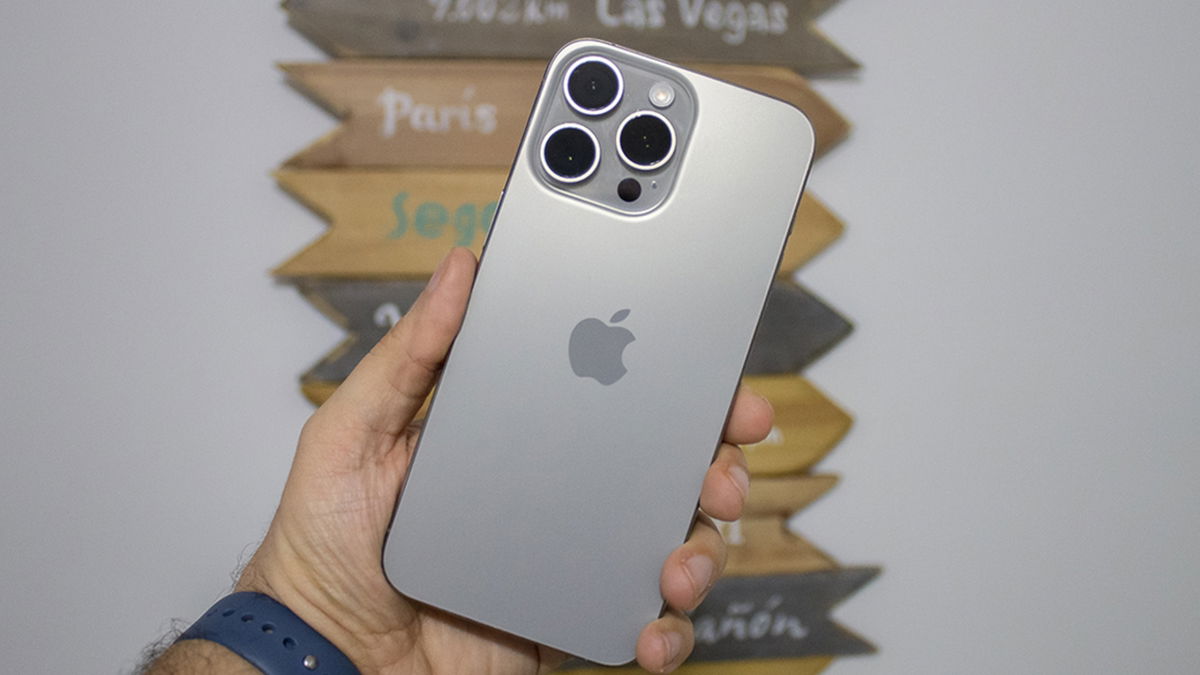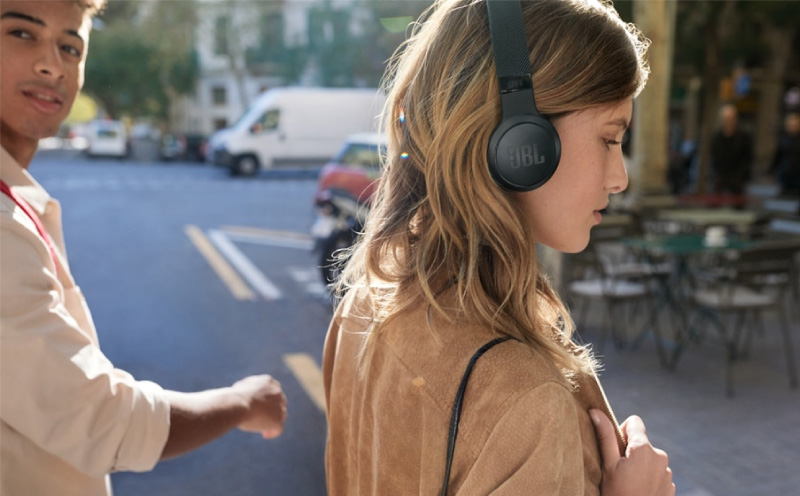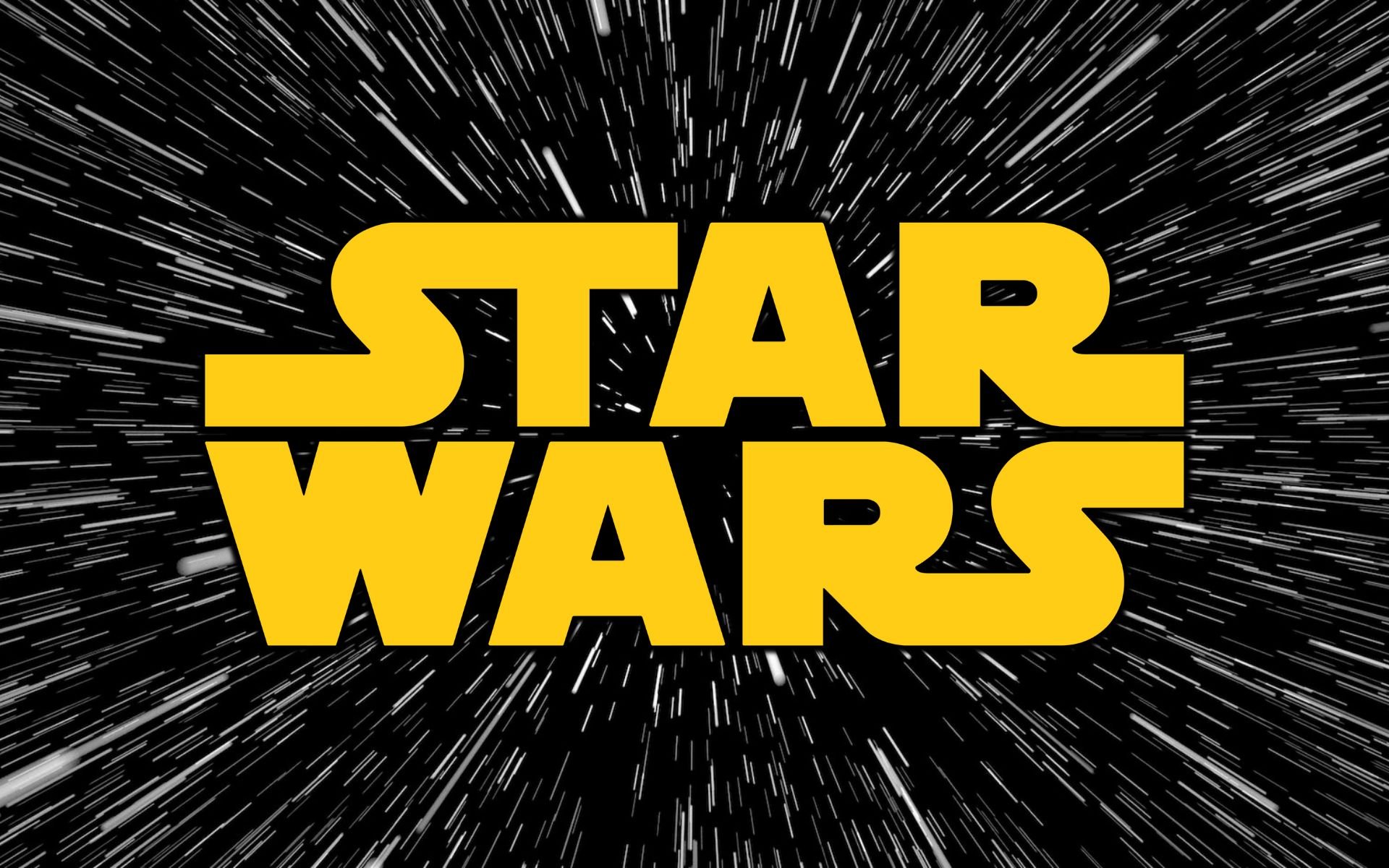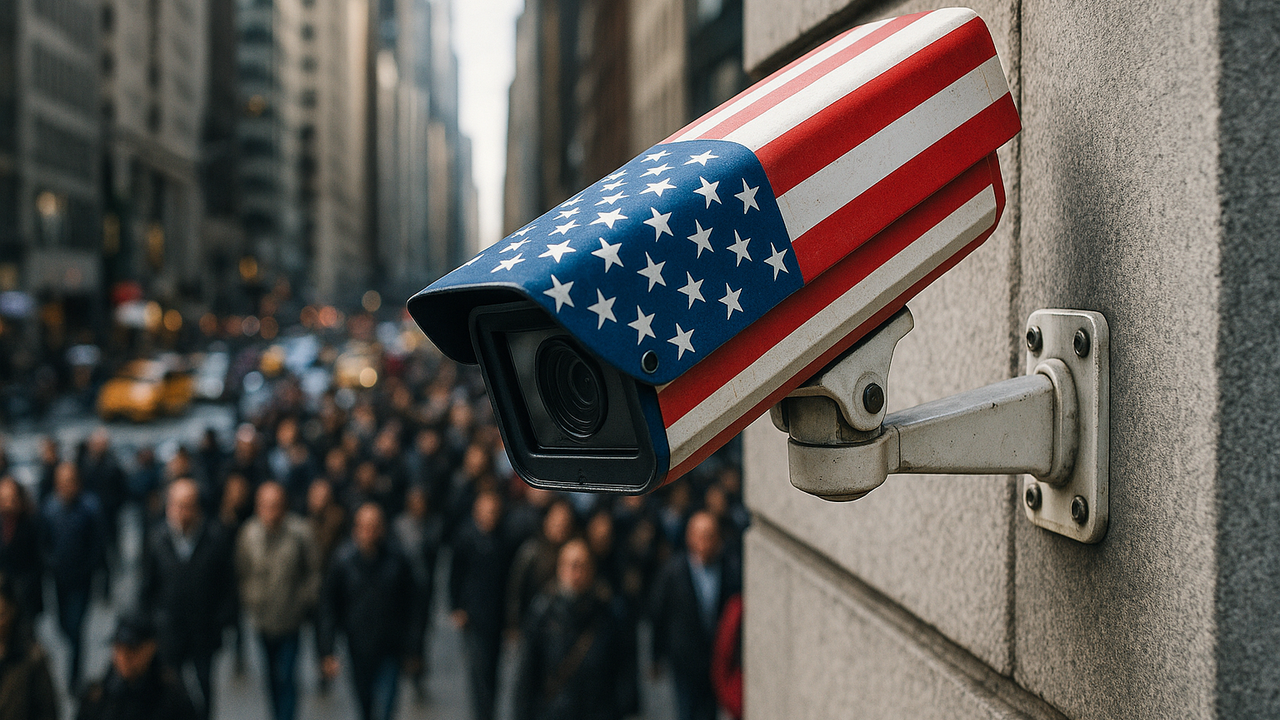More than 9,000 authors have signed an open letter to major technology companies raising concerns about how their copyrighted work is being used. Copyright for training chatbots with artificial intelligence.
Sent by Authors Guild to CEOs Open AIAlphabet, Meta, Stability AI, IBM and Microsoft, the letter draws attention to what it describes as “the inherent injustice of using our work as part of your AI systems without our consent, credit or compensation.”
Signed by renowned writers such as Dan Brown, James Patterson, Jennifer Egan, David Baldacci and Margaret Atwood, it adds: “These technologies mimic and spew our language, stories, style and ideas. Millions of copyrighted books, articles, essays, and poetry feed AI systems… You spend billions of dollars developing AI technology. It is fair that he compensates us for the use of our writings, without which AI would be banal and extremely limited.
Chatbots like OpenAI’s ChatGPT and Google’s Bard have received a lot of attention in recent months due to their impressive ability to communicate in a natural and human way. So powerful, in fact, that many analysts believe that the most advanced versions of the technology will replace countless jobs, transforming society in the process.
But training chatbots involves extracting huge amounts of data from the Internet, including the work of authors.
“These works are part of the framework of the language models that drive ChatGPT, Bard, and other generative AI systems,” the Authors Guild said in a statement regarding the letter. “If AI companies like to say that their machines just ‘read’ the texts they learn from, this is an inaccurate anthropomorphization. Rather, they copy the lyrics into the software itself and then play them over and over.”
The signatories of the letter are asking companies to obtain permission to use copyrighted material in their generative artificial intelligence tools. They also want writers to be paid for past and current use of works, as well as for use of works in AI production.
Most tech companies have yet to provide a public response, though OpenAI told the Wall Street Journal that ChatGPT is learning from “licensed content, public domain content, and content created by instructors and AI users.”
The letter comes a week after American comedian Sarah Silverman and two authors, Richard Kadri and Christopher Golden, filed copyright infringement lawsuits against OpenAI and Meta, accusing them of using their content without permission to train AI chatbots.
The actions of the Authors Guild and Silverman point to growing challenges for tech companies when it comes to dealing with copyright complaints, which can take a significant amount of time to resolve.
Source: Digital Trends
I am Garth Carter and I work at Gadget Onus. I have specialized in writing for the Hot News section, focusing on topics that are trending and highly relevant to readers. My passion is to present news stories accurately, in an engaging manner that captures the attention of my audience.










